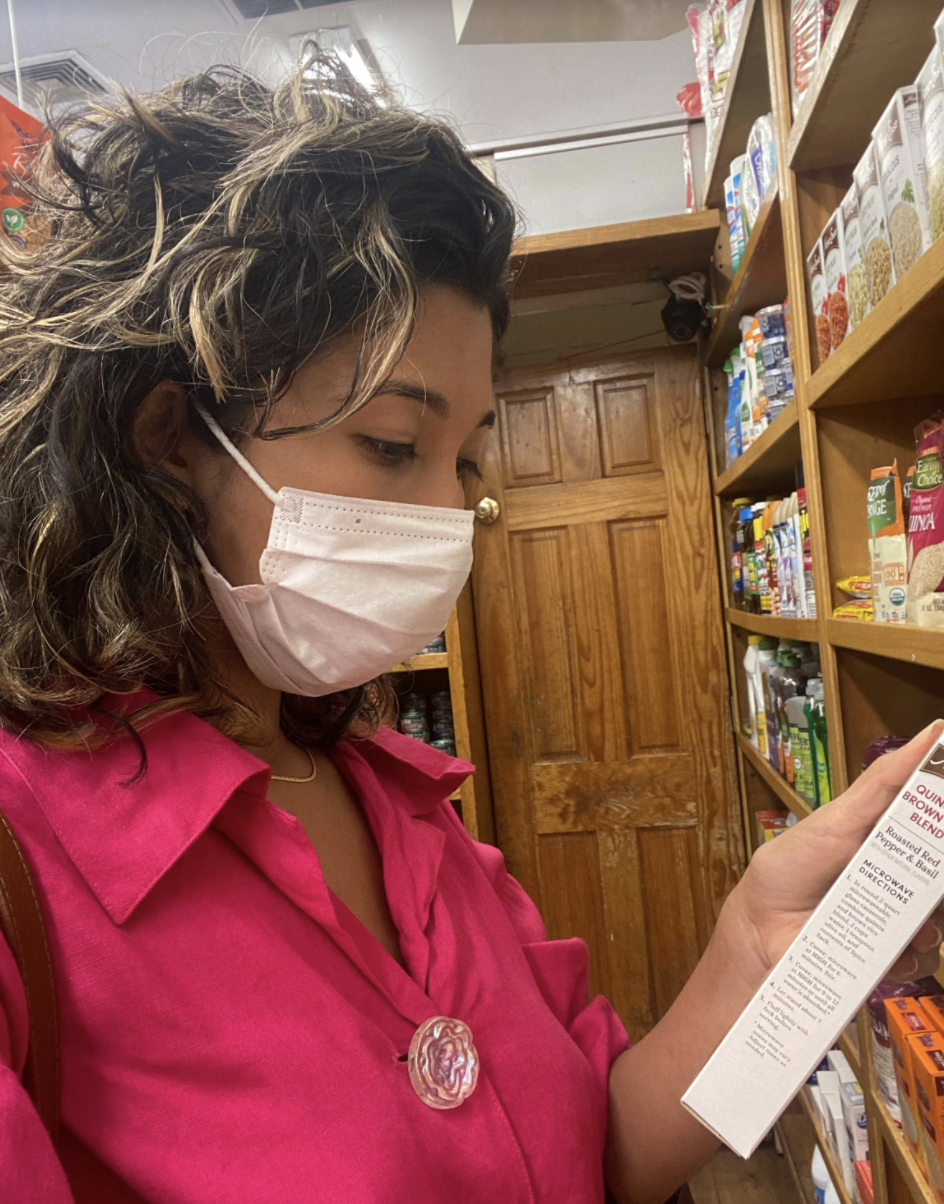Fair Trade- what is it and why does it matter?
October is Fair Trade Awareness Month, and therefore I wanted to take a moment to talk about the significant impact that the story of Fairtrade provides.
So what’s FairTrade?
Fair trade is defined as “trade between companies in developed countries and producers in developing countries in which fair prices are paid to the producers.” By standard definition, the story of fair trade already lays out a framework around accountability, relationships, and economic theory.
Fair trade is defined as “trade between companies in developed countries and producers in developing countries in which fair prices are paid to the producers.” By standard definition, the story of fair trade already lays out a framework around accountability, relationships, and economic theory.
For a long time, I thought ‘fair trade’ was another random hippie eco-label that just simply meant you’d have to spend a lot more money for a product at the store. I had no idea what the significance of buying a product with the actual Fairtrade mark meant for both myself as a consumer and also the workers behind producing the item in the first place.
What does Fairtrade America certification mean?
I used to think, “well, isn’t it just expected that workers who produce the goods and food we consume deserve fair pay?” Unfortunately, as I learned over time, that is not the reality of large, global supply chains. The reality is that many farmers and workers around the world live on less than $2 per day.
Fairtrade America works to tackle this by breaking down the systems that typically favor big businesses over small-scale producers through their unique pricing model. This includes the Fairtrade Minimum Price and the Fairtrade Premium. The Minimum Price is the amount it costs to farm sustainably, which serves as a safety net when the market price drops. The Fairtrade Premium is money that farmers receive on top of the price paid and choose how to reinvest in their business and their community.
It became more apparent to me that Fairtrade wasn’t just some fluffy label, it actually had some significant strings attached to it. I also learned that nearly 2 million farmers and workers in 70+ countries participate in Fairtrade, which means that there is an extensive network of people out there who believe this is something worth fighting for.
People are disconnected from global supply chains
Further, I’ve realized how truly disconnected most people are from the things they wear, eat, and purchase on a daily basis. This can lead to even more disillusionment over understanding and empathizing with the people who manufacture, grow, and build the items we consume. Consequently, this also results in many workers worldwide being exploited and many consumers unaware that there’s better options out there.
Fairtrade America’s Mural Project is a step forward
To tackle this disconnect, Fairtrade America is partnering with mural artists to humanize the story behind the ‘Fairtrade label.’ In cities across the U.S., such as Austin, Minneapolis, and Tacoma, Fairtrade America’s mural project is centered around the stories of people who produce things like coffee, avocados, chocolate, and more.
The goal of the project is to highlight the benefits to #ChooseFairtrade and how proper compensation, labor rights, and collaborative production practices ultimately benefit and improve global supply chains.
How will you carry Fairtrade into your day-to-day?
I went to my local store on a hunt for a Fairtrade America label, and stumbled upon this delicious Get Back to Human Fairtrade certified chocolate! It became apparent to me how many items have the Fairtrade America label that simply were not on my radar. I now am much more attuned to looking out for Fairtrade products that I know will ultimately benefit suppliers and producers down the line.
To learn more about the Fairtrade America Mural project and how to get access to Fairtrade America products, read more here.




